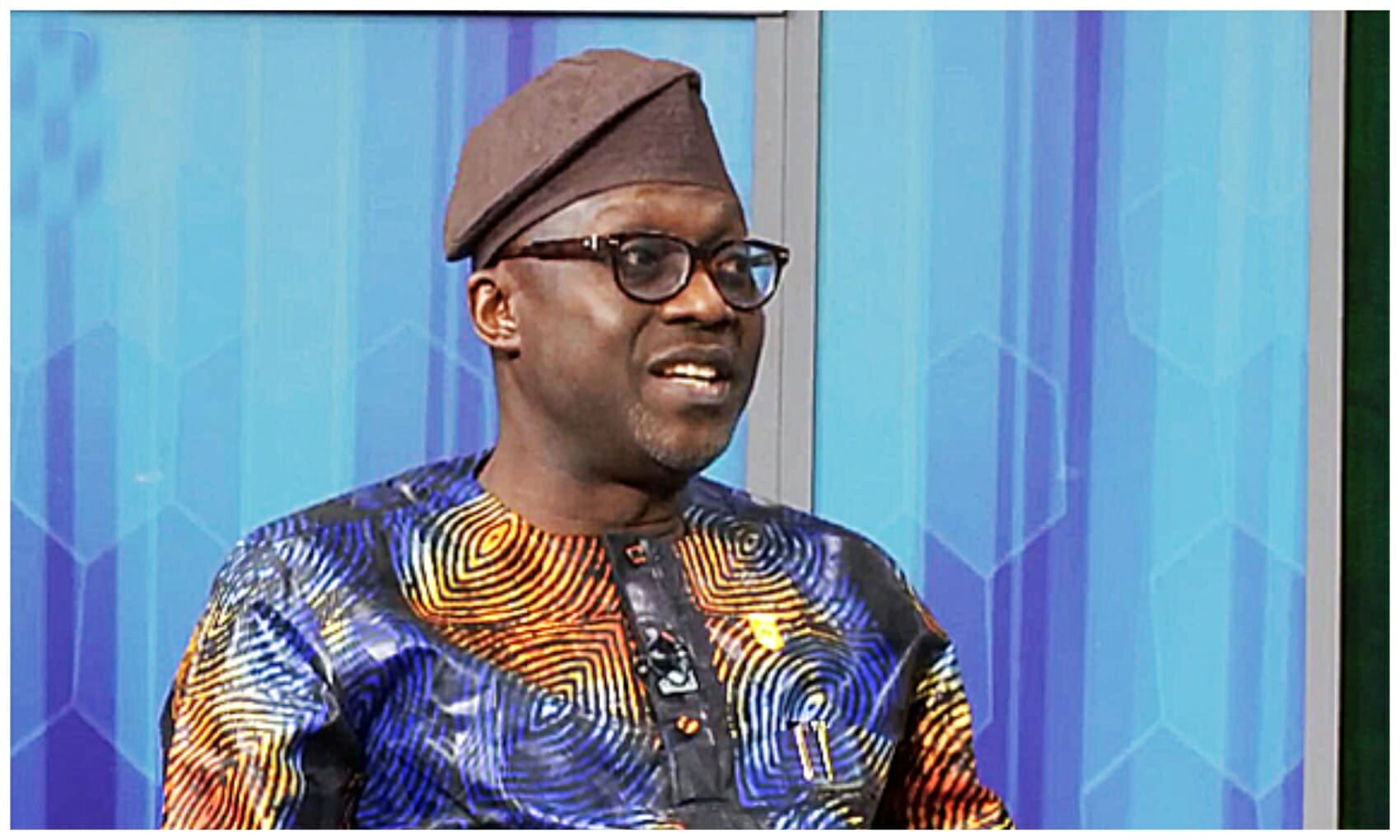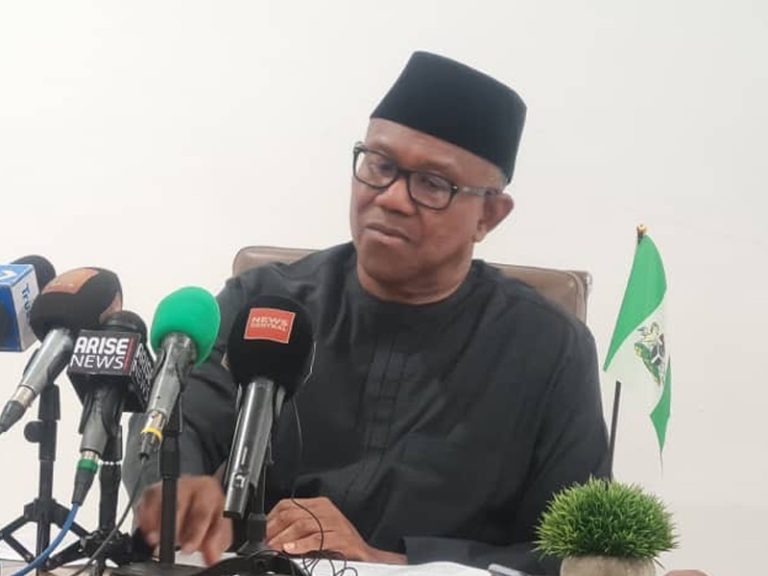
The Manufacturers Association of Nigeria (MAN) has renewed calls for deeper cuts in interest rates following the Central Bank of Nigeria’s (CBN) recent decision to reduce the Monetary Policy Rate (MPR) by 50 basis points to 27%.
In a statement issued over the weekend, Segun Ajayi-Kadir, Director General of MAN, said the manufacturing sector has suffered from persistently high lending rates over the past five years due to the CBN’s tight monetary stance.
“With recent reforms moderating inflation, stabilising the exchange rate, and improving investor confidence, the timing is right for the Central Bank to gradually relax rates,” Ajayi-Kadir said.
Despite the symbolic MPR cut, MAN insists that borrowing costs remain prohibitively high and continue to erode competitiveness, especially against global counterparts who enjoy cheaper financing.
“If you give a manufacturer anything more than 5% to pay as interest, competitiveness is compromised,” Ajayi-Kadir added.
“Those with whom we compete are borrowing at much lower rates.”
MAN Recommends Special Lending Window
To address the structural challenges facing the sector, MAN is calling for a dedicated financing window that allows manufacturers to access below-MPR loans through targeted intervention from the CBN.
Ajayi-Kadir urged the apex bank to make an “intentional decision” to foster a lending environment that prioritises the real sector, especially manufacturing, in order to drive job creation, exports, and economic growth.
The MPR adjustment was announced during the 302nd meeting of the Monetary Policy Committee (MPC) held last week in Abuja. In addition to the 50bps rate cut, the CBN also narrowed the asymmetric corridor around the MPR to +250/-250 basis points, down from +500/-100, a move analysts say could signal a gradual shift towards easing.
While the CBN has maintained its primary focus on price stability, the latest decision reflects a cautious optimism about inflation trends and macroeconomic reforms under the current administration.
Though MAN welcomed the MPR cut as a positive signal, the group stressed that more impactful reforms are needed to revive Nigeria’s industrial base.
“There’s no sustained economic development without a viable manufacturing sector,” Ajayi-Kadir concluded.



